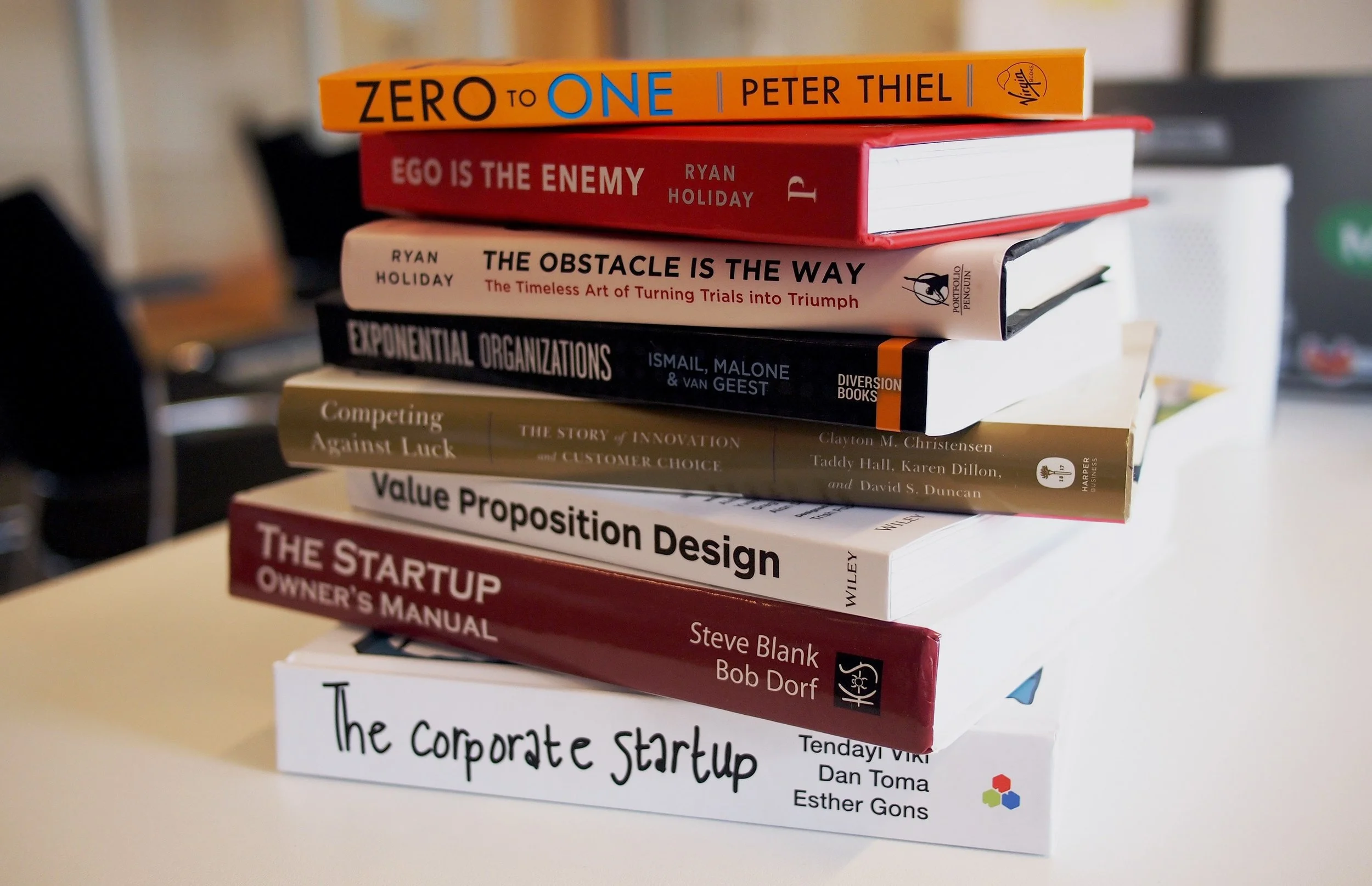You Get What You Design For
You’d think that senior people with more experience and skills would build better social enterprises.
Sadly, that’s not the case.
Older executives approach social enterprise with a fundamentally flawed belief, and it ruins the businesses they build.
That’s because they believe that you can’t do good and make money at the same time.
They have come from a world that says you make your money with one hand, and give it away with the other – and that the two shouldn’t mix.
So when it comes to building a social enterprise, they believe that the “social bit” has to lose money, and that it will need to be subsidised by something else.
This leads to them building anaemic, flawed enterprises that I get called in to fix.
The problem isn’t the business – it’s the belief of the person driving it.
Henry Ford famously said “Whether you think you can, or you think you can’t - you’re right”
Or as Brad Graham said “You get what you design for”
If you believe social enterprises can’t make enough money to stand on their own two feet, guess what?
You won’t accidentally build a successful social enterprise.
Building a business is hard work, and adding in a social purpose only adds to the complexity.
You’re faced with all the challenges of a regular business, plus the challenges of creating real change.
That means first and foremost, you build a business that works.
One with happy customers, happy staff and that makes money.
Then you look at how to integrate your mission into the business, like making a product that is good for the environment or the end user, or you employ people who are disadvantaged.
Look at the success of Keep Cup, Tesla, STREAT, The Big Issue, Embrace Innovations, Who Gives A Crap, LuminAID or S’Well.
They’ve build things that people want, and that begin to address problems like homelessness, wastefulness and infant mortality.
These are not accidentally successful.
They are the product of talented, passionate people who have worked incredibly hard to remain financially viable.
It’s frustrating to see social enterprises that are totally reliant on grant money – in fact it’s an ethical concern.
Too many charities are using aid money to prop up failing social businesses.
When you push them on it, the truth finally comes out – they can’t understand how any business could create impact and a surplus at the same time, so they are happy to keep sinking good money after bad.
Not only is this approach immoral, it will soon be obsolete.
Smarter entrepreneurs will come in and build companies that are both desirable and impactful at the same time.
If you’re a young person who wants to do something great, start with the mindset of “I’m going to design something that covers its own costs”
It will be tough and it will be worthwhile.
The early headaches are much more pleasant than the headache of constantly looking for funding, laying off staff or having to fold the whole company.
The nice bit is, all the skills you need are learnable – things like building a business model, delighting customers, analysing opportunities, taking on investment, choosing how to create the most impact, etc.
These skills are built on top of the philosophy that your enterprise can do good and make money simultaneously.
Without that foundation, there’s not a lot we can do for you.











